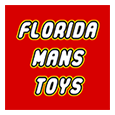-
SC.68.CS-CP.2.1 Develop problem solutions using visual representations of problem states, structures and data.
-
SC.68.CS-CP.2.3 Develop problem solutions using a block programming language, including all of the following: looping behavior, conditional statements, expressions, variables, and functions.
-
SC.68.CS-CP.2.4 Develop problem solutions using a programming language, including all of the following: looping behavior, conditional statements, expressions, variables, and functions.
-
SC.68.CS-CS.2.4 Organize and display information in a variety of ways such as number formats (e.g., scientific notation, percentages, and exponents), charts, tables and graphs.
-
SC.68.CS-CS.2.6 Create a program that implements an algorithm to achieve a given goal, individually and collaboratively.
-
SC.68.CS-CS.2.7 Design solutions that use repetition and two-way selection (e.g., for, while, if/else).
-
SC.68.CS-CS.2.13 Explore a problem domain using iterative development and debugging.
-
SC.68.CS-CS.4.2 Describe the main functions of an operating system and explain how an operating system provides user and system services (e.g., user interface, IO device management, task management).
-
SC.68.CS-CS.4.3 Describe the relationships between hardware and software (e.g., BIOS, operating systems and firmware).
-
SC.68.CS-CS.4.5 Evaluate a hardware or software problem and construct the steps involved in diagnosing and solving the problem (e.g., power, connections, application window or toolbar, cables, ports, network resources, video, and sound).
-
SC.68.CS-PC.1.3 Evaluate the proper use and operation of security technologies (e.g., passwords, virus protection software, spam filters, pop-up blockers, and cookies).
-
SC.68.CS-PC.2.3 Describe the influence of access to information technologies over time and the effects those changes have had on education, the workplace, and the global society.
-
SC.68.CS-PC.2.6 Identify and discuss the technology skills needed in the workplace.
-
SC.68.CS-PC.4.4 Identify threats and actions that protect devices from viruses, intrusion, vandalism, and other malicious activities.
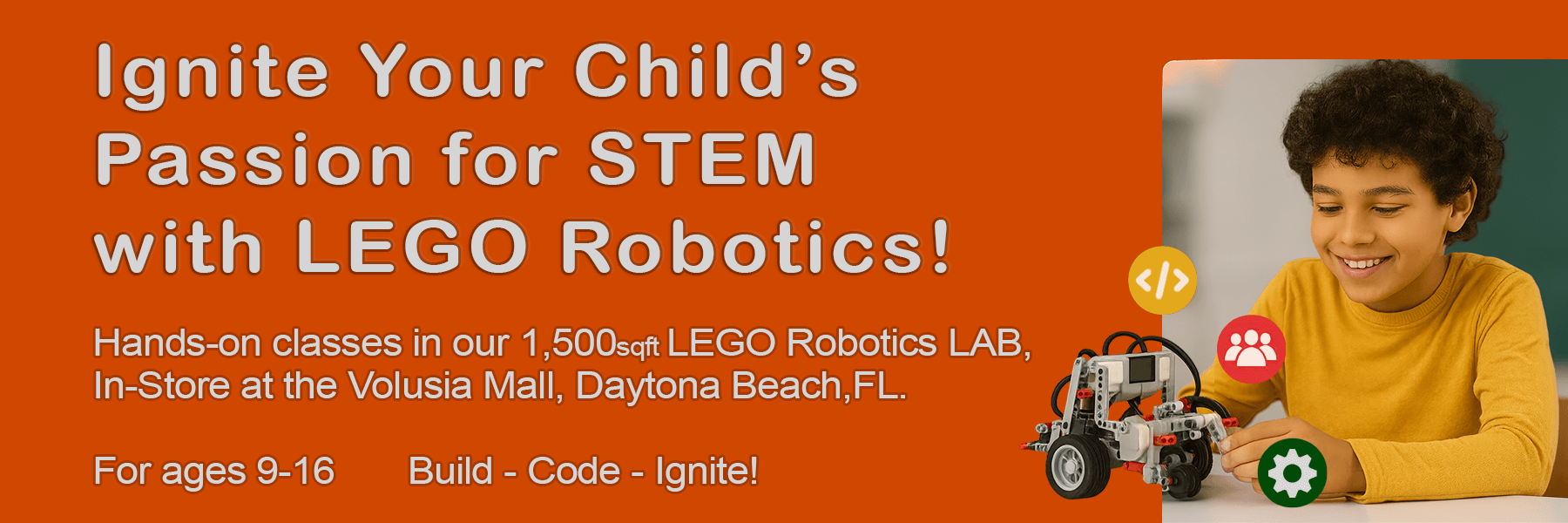
🤖 Lego Robotics and Coding Course 🤖
We Currently offer the two LEGO Robotics curriculums below and are working on 2 additional advanced Lego Robotics curriculums.
LEGO Robotics – Space Challenge
Grades 6-9 (8 Weeks)
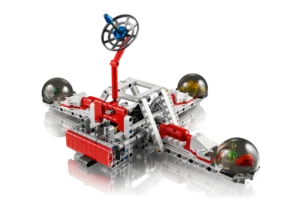
✅ Perfect for ages 9–14
✅ Weekly 90-minute sessions
✅ Includes progressive lessons in building, coding
✅ Great for beginners and intermediate students
LEGO STEM – “Happy Traveler”
Grades 3-5 (6 Weeks)
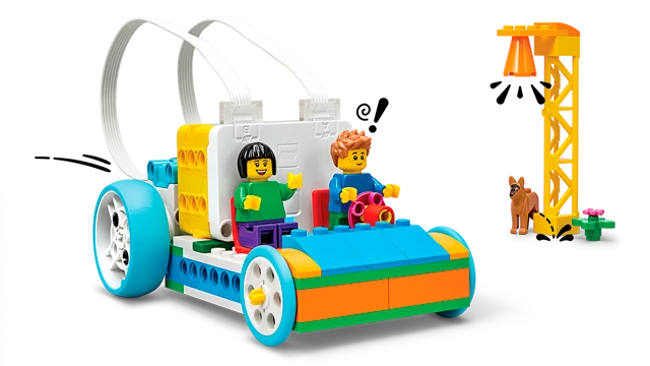
✅ Perfect for ages 6–10
✅ Weekly 60-minute sessions
✅ Includes progressive lessons in building and coding
✅ Great for beginners.
Coming Soon
Advanced Robotics and Python Coding
LEGO Robotics – Robotics Arm
1 Classes – Grades 9 – 12
Advanced Robotics and Phython Coding
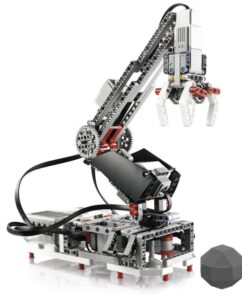
Design, build, and program a robotic system that can pick up an object in one location and place it in another location.
✅ Perfect for ages 9–12
✅ 120+min
✅ Includes progressive lessons in building, coding, and teamwork
✅ Advanced Robotics and Python Coding
LEGO Robotics – Autonomous Robotic Explorer
1 Class – Grades 9 – 12
Advanced Robotics and Python Coding
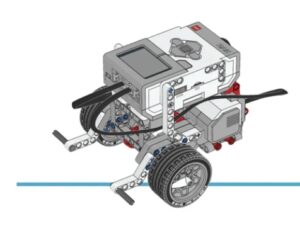
Design, build, and program a robotic system that follows a path and communicates its position at least twice along the way.
✅ Perfect for ages 9–14
✅ 120+ Min
✅ Includes progressive lessons in building, coding, and teamwork
✅ Great for beginners and intermediate students
Educational standards our Lego Robotics classes map to:
We follow the LEGO Education Curriculum for each course, class and camp we offer.
Each LEGO Education lesson is mapped to several National and Internationals Educational standards including the following Florida Educational Standards.
-
SC.6.N.1.1 Define a problem from the sixth grade curriculum, use appropriate reference materials to support scientific understanding, plan and carry out scientific investigation of various types, such as systematic observations or experiments, identify variables, collect and organize data, interpret data in charts, tables, and graphics, analyze information, make predictions, and defend conclusions.
-
SC.6.N.1.2 Explain why scientific investigations should be replicable.
-
SC.6.N.1.3 Explain the difference between an experiment and other types of scientific investigation, and explain the relative benefits and limitations of each.
-
SC.6.N.1.4 Discuss, compare, and negotiate methods used, results obtained, and explanations among groups of students conducting the same investigation.
-
SC.6.N.1.5 Recognize that science involves creativity, not just in designing experiments, but also in creating explanations that fit evidence.
-
SC.6.N.3.3 Give several examples of scientific laws.
-
SC.6.N.3.4 Identify the role of models in the context of the sixth grade science benchmarks.
-
SC.6.P.11.1 Explore the Law of Conservation of Energy by differentiating between potential and kinetic energy. Identify situations where kinetic energy is transformed into potential energy and vice versa.
-
SC.6.P.13.1 Investigate and describe types of forces including contact forces and forces acting at a distance, such as electrical, magnetic, and gravitational.
-
SC.6.P.13.2 Explore the Law of Gravity by recognizing that every object exerts gravitational force on every other object and that the force depends on how much mass the objects have and how far apart they are.
-
SC.6.L.14.3 Recognize and explore how cells of all organisms undergo similar processes to maintain homeostasis, including extracting energy from food, getting rid of waste, and reproducing.
-
SC.7.N.1.1 Define a problem from the seventh grade curriculum, use appropriate reference materials to support scientific understanding, plan and carry out scientific investigation of various types, such as systematic observations or experiments, identify variables, collect and organize data, interpret data in charts, tables, and graphics, analyze information, make predictions, and defend conclusions.
-
SC.7.N.1.2 Differentiate replication (by others) from repetition (multiple trials).
-
SC.7.N.1.3 Distinguish between an experiment (which must involve the identification and control of variables) and other forms of scientific investigation and explain that not all scientific knowledge is derived from experimentation.
-
SC.7.N.1.4 Identify test variables (independent variables) and outcome variables (dependent variables) in an experiment.
-
SC.7.N.1.5 Describe the methods used in the pursuit of a scientific explanation as seen in different fields of science such as biology, geology, and physics.
-
SC.7.N.3.2 Identify the benefits and limitations of the use of scientific models.
-
SC.7.P.11.2 Investigate and describe the transformation of energy from one form to another.
-
SC.7.P.11.3 Cite evidence to explain that energy cannot be created nor destroyed, only changed from one form to another.
-
SC.7.P.11.4 Observe and describe that heat flows in predictable ways, moving from warmer objects to cooler ones until they reach the same temperature.
-
SC.8.N.1.1 Define a problem from the eighth grade curriculum using appropriate reference materials to support scientific understanding, plan and carry out scientific investigations of various types, such as systematic observations or experiments, identify variables, collect and organize data, interpret data in charts, tables, and graphics, analyze information, make predictions, and defend conclusions.
-
SC.8.N.1.2 Design and conduct a study using repeated trials and replication.
-
SC.8.N.1.3 Use phrases such as “results support” or “fail to support” in science, understanding that science does not offer conclusive ‘proof’ of a knowledge claim.
-
SC.8.N.1.4 Explain how hypotheses are valuable if they lead to further investigations, even if they turn out not to be supported by the data.
-
SC.8.N.1.6 Understand that scientific investigations involve the collection of relevant empirical evidence, the use of logical reasoning, and the application of imagination in devising hypotheses, predictions, explanations and models to make sense of the collected evidence.
-
SC.8.N.3.1 Select models useful in relating the results of their own investigations.
-
SC.8.P.8.4 Classify and compare substances on the basis of characteristic physical properties that can be demonstrated or measured; for example, density, thermal or electrical conductivity, solubility, magnetic properties, melting and boiling points, and know that these properties are independent of the amount of the sample.
-
SC.8.L.18.1 Describe and investigate the process of photosynthesis, such as the roles of light, carbon dioxide, water and chlorophyll; production of food; release of oxygen.
-
SC.8.L.18.2 Describe and investigate how cellular respiration breaks down food to provide energy and releases carbon dioxide.
Florida Department of Education – Educational Standards
The Florida Department of Education serves as the single repository of education data from school districts, state and community colleges, universities, and independent postsecondary institutions – allowing us to track student performance over time and across varying education sectors.
Florida Education Standards | CPALMS.org
CPALMS is the State of Florida’s official source for standards.
All Florida Education standards for every subject area and grade level can be found here.
CPALMS is created by the Florida Center for Research in Science, Technology, Engineering,
and Mathematics at the Learning Systems Institute (LSI) within the FSU.
